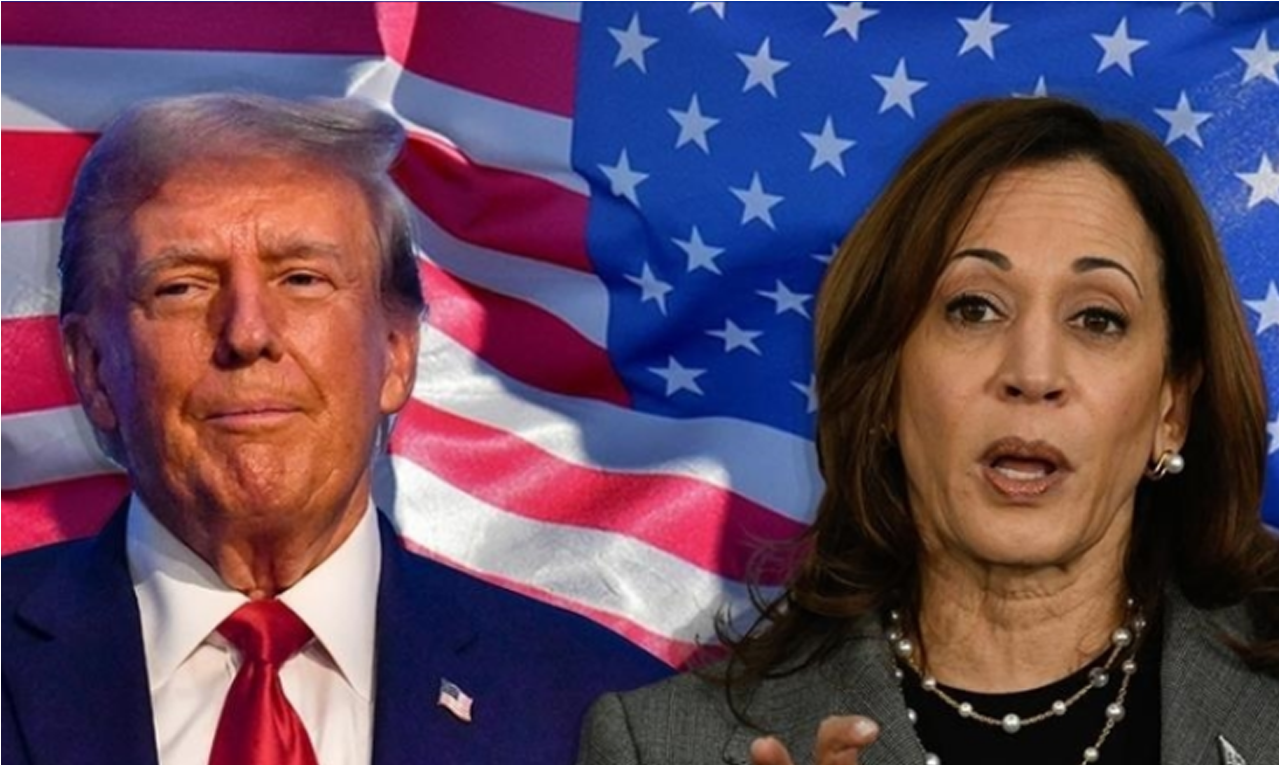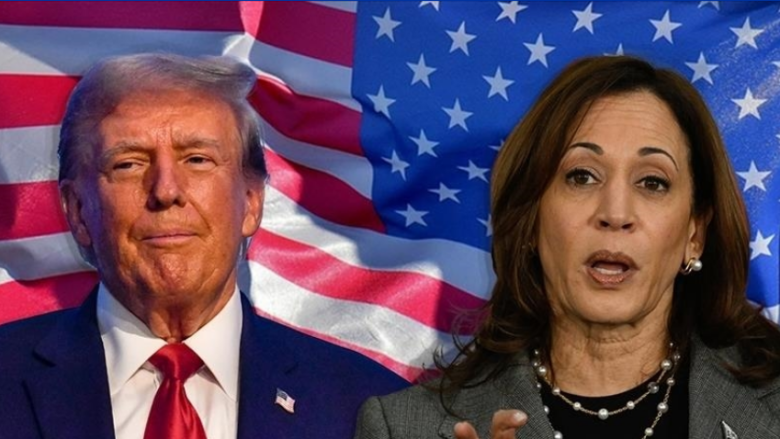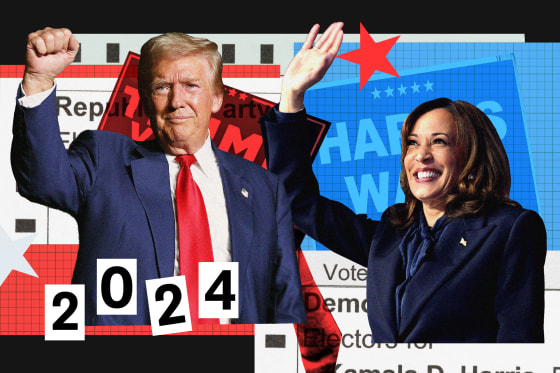Following her recent election defeat, Vice President Kamala Harris has publicly accused former President Donald Trump of using offensive and divisive language, igniting a firestorm of reactions across the nation. According to Harris, Trump’s words not only targeted her personally but also propagated harmful stereotypes with gendered and racial undertones. Specifically, Harris highlighted Trump’s use of the word “lazy” to describe her, a term that has historically been associated with demeaning stereotypes about Black individuals, particularly Black women, in the United States. In her statements, Harris emphasized that such language was not merely a personal affront but also a threat to national unity and progress.
Kamala Harris’s Response to “Lazy” Stereotype
During her speech addressing the issue, Harris did not hold back in her criticism of Trump’s rhetoric. She argued that the language he used extended beyond the political rivalry between them, aiming at deeper social issues around racial and gender equality. By calling her “lazy,” Trump, according to Harris, was tapping into a stereotype used in history to belittle and undermine people of color, particularly Black individuals, by questioning their work ethic and capabilities. This word choice, she explained, was not only a personal attack but also a reflection of ongoing racial biases that the country must confront.
Harris stated that, as a public figure and Vice President, she felt a duty to speak out against these types of remarks. In her view, remaining silent would have implied acceptance of such language. Instead, she chose to use her platform to call attention to the persistent stereotypes that continue to impact people of color and women in politics and beyond. Harris stressed that allowing such words to go unchallenged would harm the progress the country has made toward equality and inclusivity.
Trump’s Response and Denial
In response, Trump dismissed Harris’s accusations, claiming that his words were taken out of context or misconstrued. He argued that his critique of Harris’s work performance had nothing to do with her race or gender but was instead a fair criticism of her job as Vice President. Trump’s team released statements attempting to clarify his comments, insisting that the term “lazy” was meant solely to question Harris’s dedication and effectiveness in her role, not to demean her on a personal level.
Nevertheless, Trump’s explanation did little to quell the backlash that had already started. Many critics pointed out that Trump has a history of using inflammatory language when referring to political opponents, especially women and people of color. They argued that while he might not have intended to invoke racial stereotypes explicitly, his word choice was still problematic given the broader context. Critics further claimed that public figures like Trump should be more conscious of their words, especially given the influence they wield over millions of people.
Public Reaction and Divided Opinions
The public’s reaction to this dispute has been highly polarized. Some people rallied around Harris, applauding her for taking a stand against what they perceived as thinly veiled racism and sexism. Supporters argued that it was crucial for leaders like Harris to call out instances of language that could perpetuate negative stereotypes, as such language affects society’s perception of marginalized groups.
Many supporters also noted that Harris’s response could serve as a wake-up call for others in politics and beyond, encouraging them to be more mindful of how language and word choice can contribute to harmful stereotypes. To these supporters, Harris’s bold stance against Trump’s words was a way of setting boundaries and calling for respect, regardless of political disagreements.
On the other hand, Trump’s supporters defended his statements, arguing that his criticism of Harris was warranted and not related to her race or gender. They claimed that Trump’s critiques of Harris’s performance were legitimate and that Harris was using the “lazy” comment as an excuse to deflect from her perceived shortcomings as Vice President. Supporters felt that the backlash against Trump was exaggerated and that his words were being misinterpreted for political gain.
Broader Implications for Political Discourse
The dispute between Harris and Trump has opened up a larger conversation about the role of language in political discourse. This incident has highlighted the extent to which words, even those used casually, can have a significant impact when directed toward public figures, especially women and minorities. It has also raised questions about the responsibility that leaders have to choose their words carefully, as their statements often have far-reaching implications.
This controversy serves as a reminder that, despite progress, issues of race and gender discrimination still play a role in American society and politics. Harris’s experience illustrates that stereotypes remain embedded in cultural discourse, and the use of certain words can reinforce harmful ideas, even if unintentionally. As a result, many people are calling for more accountability in political language, arguing that elected officials should strive to communicate in a way that promotes respect and equality.
Looking Ahead: The Call for Accountability
As the dust settles on this particular incident, many are left reflecting on how the language used in political spaces can influence public opinion and societal norms. The exchange between Harris and Trump has underscored the importance of mindful communication and the impact that leaders’ words have on their followers. For Harris, this moment has become a rallying point, inspiring her supporters to continue advocating for respectful and inclusive language in politics.
The call for accountability in language is unlikely to fade anytime soon. If anything, Harris’s response to Trump’s remarks has further fueled discussions on how society can work toward eliminating biases that permeate everyday language. Whether or not this specific incident will lead to tangible change in political discourse remains to be seen, but it has undeniably sparked an important conversation on the power of words and the ongoing challenges of promoting equality and respect in all areas of public life.








